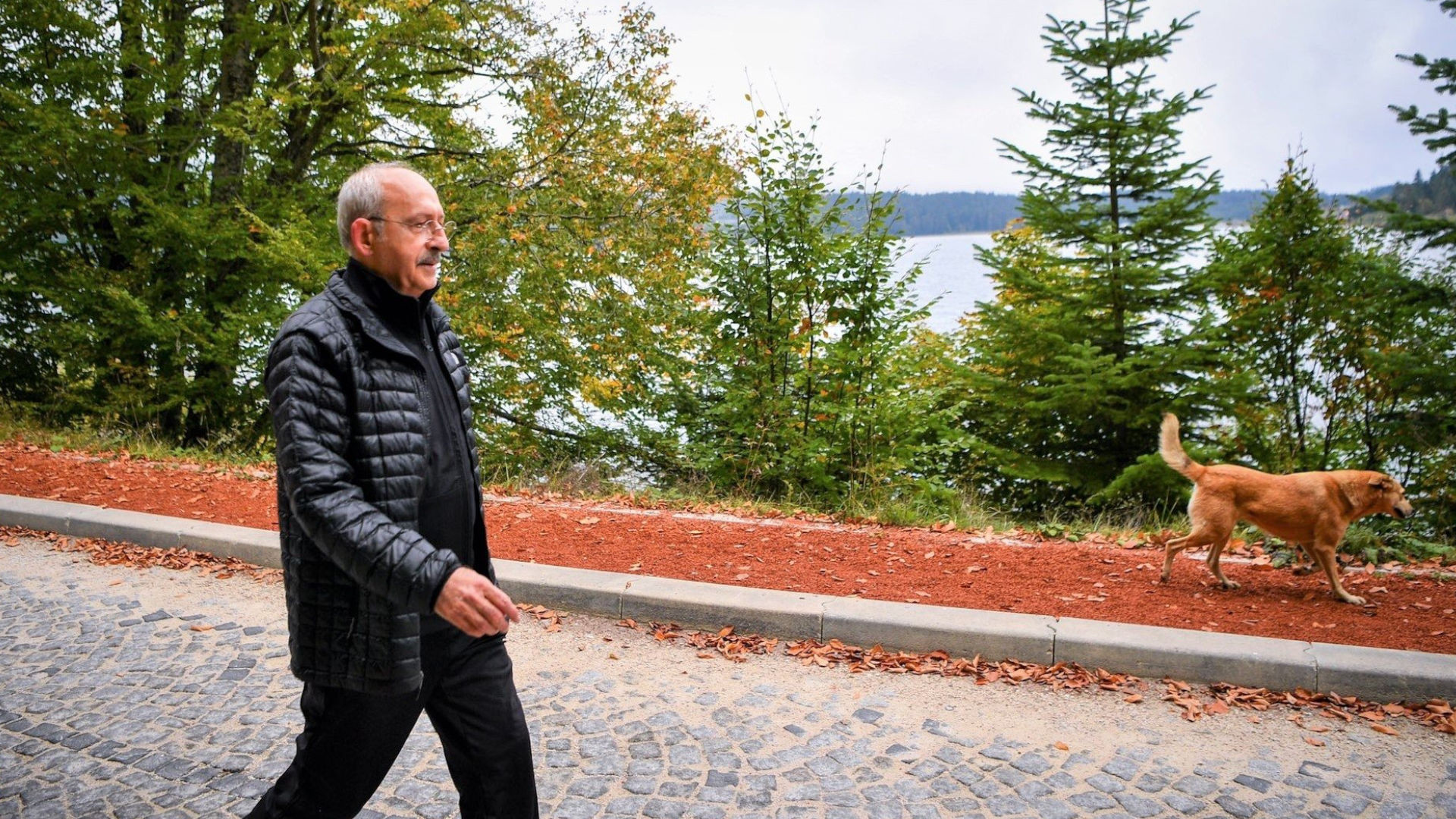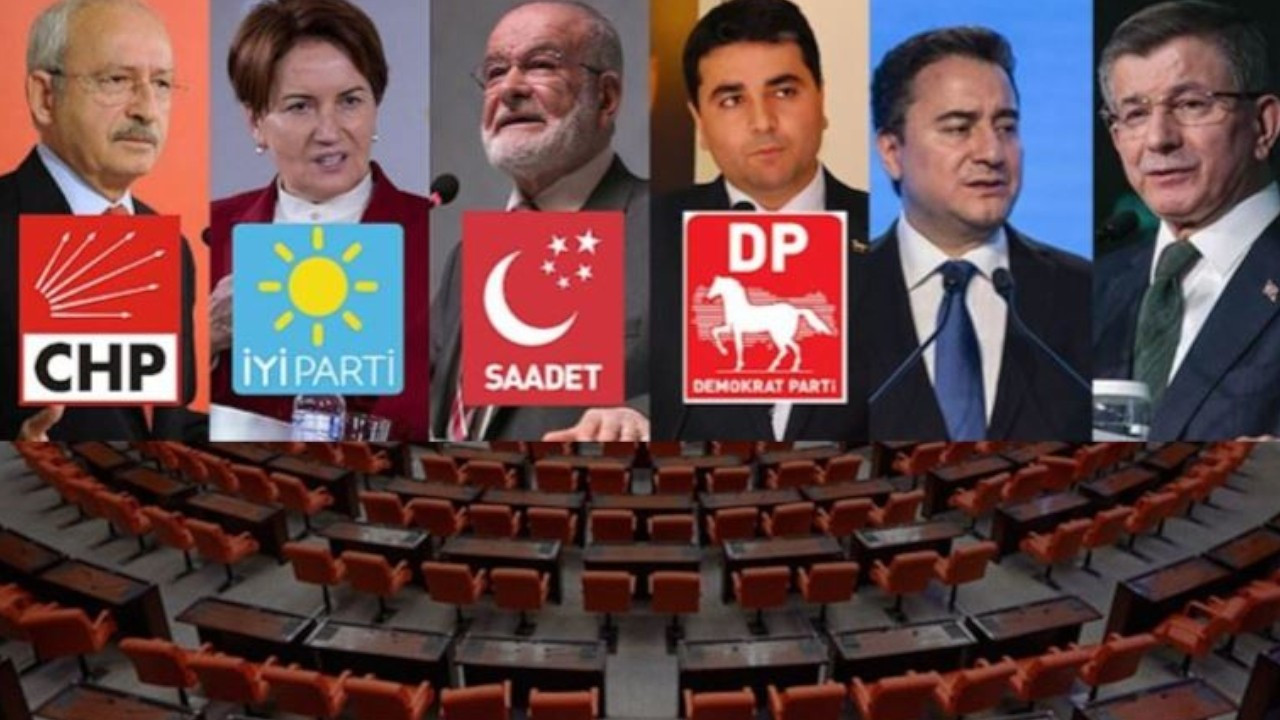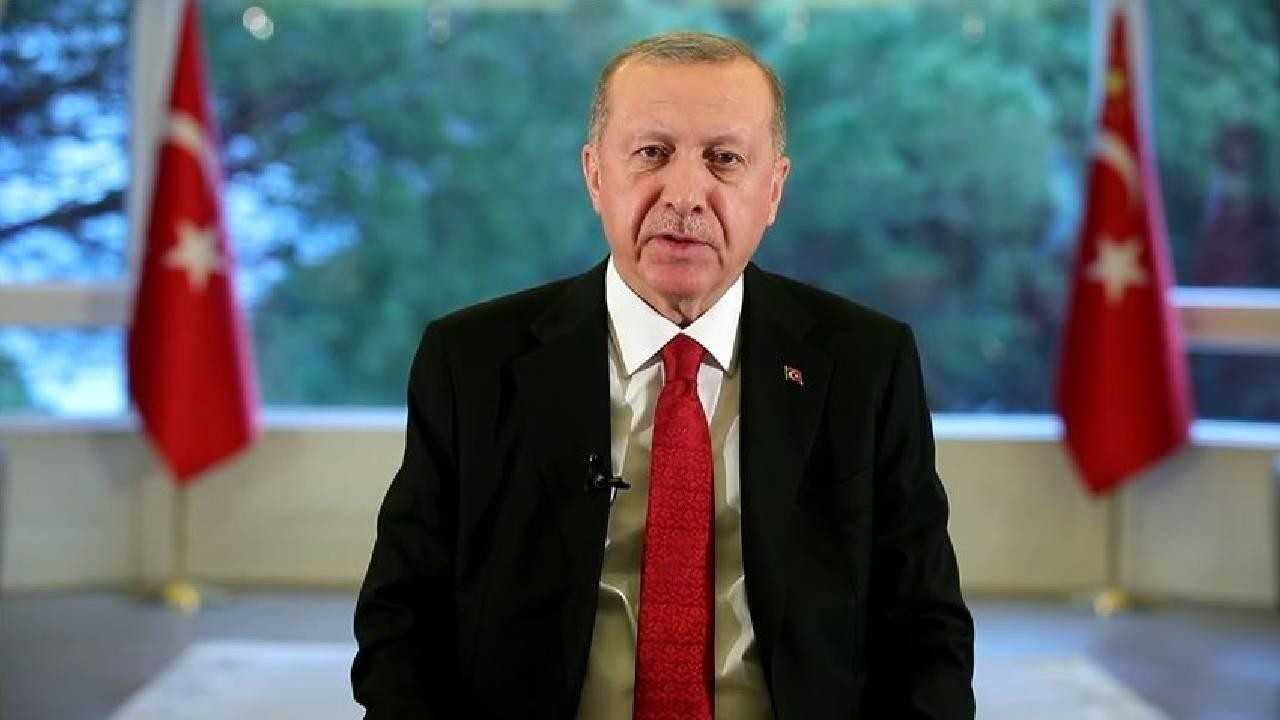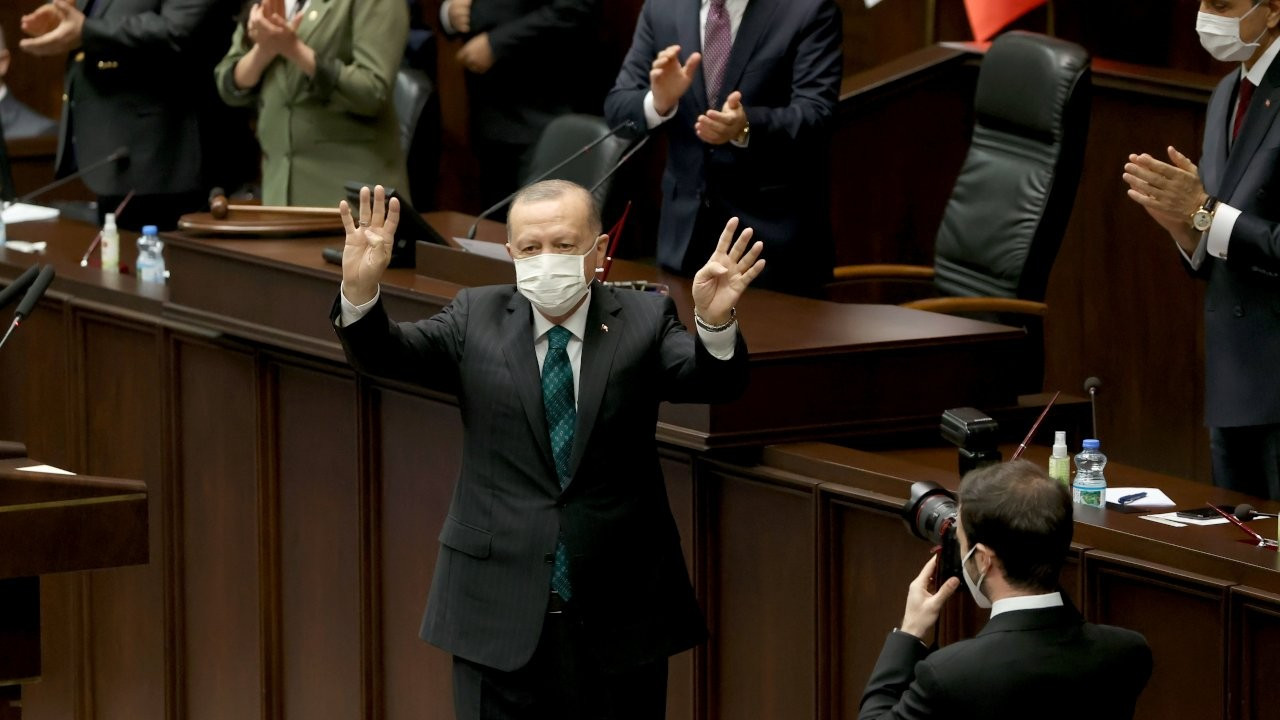Erdoğan's job approval rating down to 41 percent, poll shows
President Erdoğan's popularity is in a deep crisis as the latest Metropoll survey shows that his approval rate has fallen to 41.4 percent as of September. In the June 2015 general elections, his approval rate had stood at 58.6 percent, while in the November 1 general elections, it had stood at 47.7 percent.
Duvar English
The approval rate of President Recep Tayyip Erdoğan has continued to plummet in recent months, as a survey by the polling company Metropoll showed his support level standing at 41.4 percent as of September -- a slight increase compared to the previous month.
Asked if they “approve of the way Recep Tayyip Erdoğan is handling his job as president,” 41.4 percent of the survey participants gave the answer “Yes,” while 54.2 percent said “No,” while the remaining 4.4 percent answered “No idea/No response.”
Turkey's Pulse September 2021: Recep Tayyip Erdoğan's Job Approval: Approve: 41.4% (+3.4), Do not approve: 54.2% (+2.7) #MetropollTurkeysPulse pic.twitter.com/LuEpUo1Dan
— MetroPOLL Araştırma (@metropoll) October 6, 2021
The survey also gave a breakdown analysis according to the political party favored by the participants.
Some 76.3 percent of ruling Justice and Development Party (AKP) voters said they approve of Erdoğan, while this figure was 6.9 percent for main opposition Republican People's Party (CHP) voters, 9.9 percent for İYİ (Good) Party voters, 11 percent for Peoples' Democratic Party (HDP) voters, 54.5 percent for Nationalist Movement Party (MHP) voters and 0 percent for Felicity Party voters.
The survey participants were also asked if they thought secularism was “necessary.” For 69 percent of voters, secularism – in the sense of separating religion from the operations of the state – is necessary in Turkey, the survey found.
A majority of the AKP voters (56 percent) also agreed that secularism was “necessary” in Turkey, while 37.4 percent of AKP voters found it not necessary.
Public view on secularism pic.twitter.com/mRSTUYP3vV
— Ozer Sencar (@ozersencar1) October 6, 2021
'Opposition alliance cannot achieve real change by excluding HDP, left-wing parties'
Meanwhile, KONDA Research Company General Manager Bekir Ağırdır said on Oct. 6 that it was almost impossible for Erdoğan and the AKP to receive their previous levels of support.
Ağırdır said that Erdoğan's connection to the truth and problems of Turkey had seen a change over the years. “In at least 600,000 households, the issue of [lack of] dormitories is being talked, but both Erdoğan and Mr. [his coalition ally] Devlet [Bahçeli] are saying, 'There is no dormitory problem, those who are talking about it are terrorists,'” Ağırdır told journalist Murat Sabuncu from T24.
“This is also the case with regards to the issues of unemployment and inflation. Therefore due to such handicaps, it is almost impossible for the rulership to regain its old power or for Erdoğan to come up with his old magic again,” Ağırdır said.
Ağırdır also commented on the recent meetings held between representatives of six opposition parties for a “strengthened parliamentary system.” Ağırdır said that although these meetings were important in terms of the opposition joining its power, a real change cannot be achieved if the HDP and parties representing the left continue to be excluded from them.
“If the opposition does not look at the issues through differences and pluralism, it might win the elections, but since it will not solve the country's real problem, this change might bring bigger and newer chaoses,” he said.
“If the opposition alliance has an aim of turning this into a movement of democracy and undertaking structural reforms, it needs to include Kurds and representatives of the left in the talks. If it is aiming for a political power that will undertake all reforms, then there is no way other than the inclusion of Kurds and representatives of the left in this alliance,” he said.
Representatives of the CHP, İYİ Party, Felicity Party, Democrat Party (DP), Future Party and Democracy and Progress Party (DEVA) on Oct. 5 held their third meeting, in which they once again discussed the return to a parliamentary system.

 The winds of change in Turkish politics and bureaucracyOpinion
The winds of change in Turkish politics and bureaucracyOpinion Turkish opposition to discuss impartial presidency and judiciary in third meetingPolitics
Turkish opposition to discuss impartial presidency and judiciary in third meetingPolitics Erdoğan's job approval rating continues to plummetPolitics
Erdoğan's job approval rating continues to plummetPolitics Disapproval rate of Erdoğan's job higher than approval rate: PollPolitics
Disapproval rate of Erdoğan's job higher than approval rate: PollPolitics